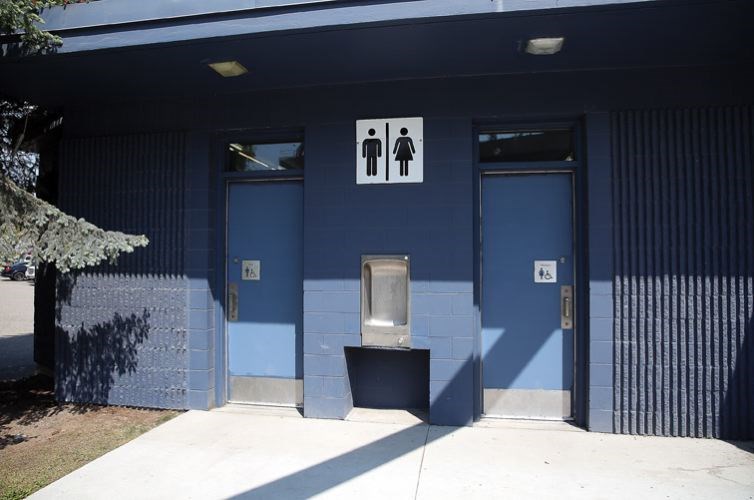City council voted unanimously Monday night to direct staff to work with a trio of downtown social agencies on how best to make their washrooms available for public use.
It was the least expensive of four options presented to council in answer to concerns about public urination and defecation in the area and the cost of providing security at the Prince George Public Library.
In a report to council, city council social planning manager Chris Bone recommended each of Saint Vincent de Paul, Positive Living North and Association Advocating for Women and Children be given a grant to pay for monitoring and maintaining their facilities.
While washrooms are available at their spots, using them can depend on whether staff is available to monitor. Cost is estimated at $36,000 - or $12,000 for each of the agencies - but social planning manager Chris Bone said that is an estimate.
Bone was given the go ahead to consult with the agencies and report back to council on the details.
The decision came after an extensive presentation from Bone who provided a survey of how other communities have tackled the issue. Results have been mixed at best, council was told, with the washrooms becoming de facto drug injection sites and suffering extensive damage.
"This is a really tough topic," Bone said.
"If I was able to pull some themes is that providing public washrooms to everybody that needs to access them and ensuring that they are clean and safe is challenging."
Councillors generally agreed that while there is no perfect answer, it is still better than doing nothing.
Coun. Brian Skakun moved for council to select the option, noting it would provide more than one washroom.
In answer to a question from Coun. Garth Frizzell, city manager Kathleen Soltis said publicly-accessible washrooms will be looked at as part of the design process for the new Four Seasons Pool.
Coun. Murry Krause, who was the executive director of the Central Interior Native Health Society, said the agency had to impose more and more restrictions on the use of its facilities in answer to the trouble and damage some users had created.
Krause said the proposal needs to come with a budget adequate enough to pay for monitoring and maintenance and be conducted on a trial basis to see if it works for the community, the agencies and the vulnerable population.
"I think it would have to work for everybody or it's just not working for anybody."



